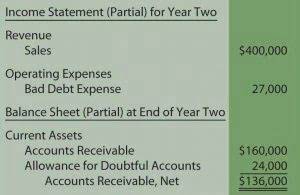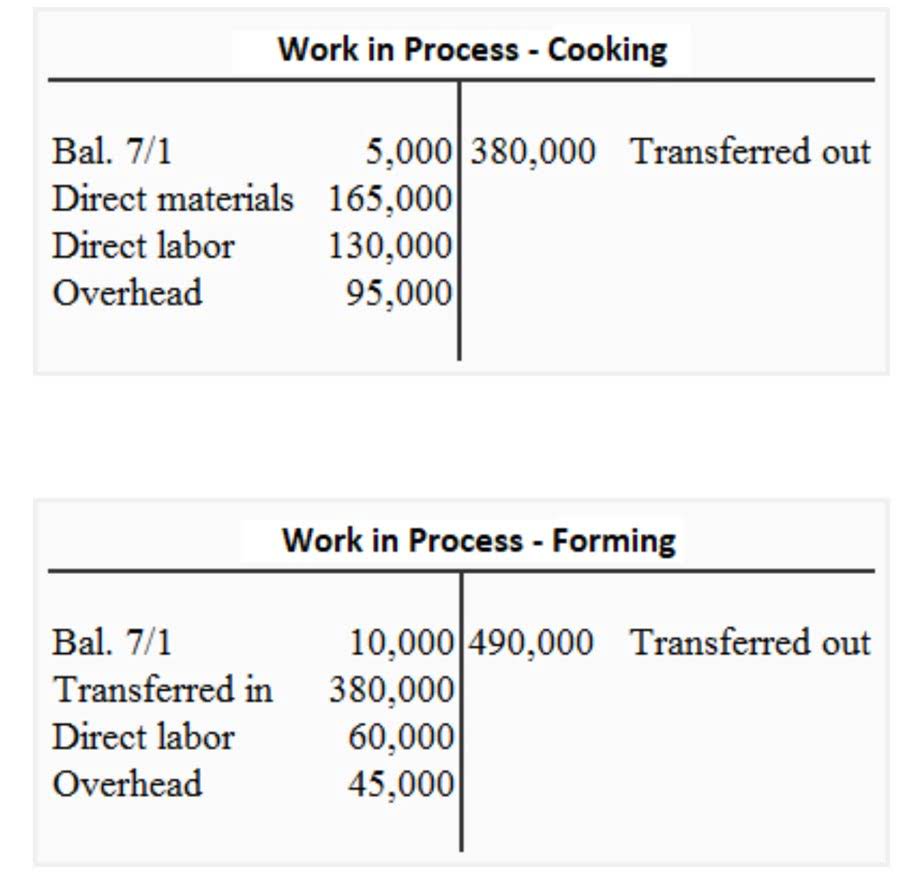
These audits safeguard against mismanagement and ensure that all transactions are accounted for accurately. Lawyers must be diligent in their daily accounting practices and prepared for periodic scrutiny. By proactively understanding and adhering to trust accounting rules and regulations, lawyers can establish a robust framework that supports ethical practice and builds client confidence. One of the fundamental regulations includes maintaining separate trust accounts distinct from the firm’s operating accounts.
- While flat fees offer several advantages, they also present ethical pitfalls, particularly when the attorney-client relationship ends before all the work is completed.
- In general, lawyers have an ethical duty to keep certain types of accounting records, including reconciliations.
- A well-organized chart of accounts helps ensure that all transactions are properly categorized, keeping client funds distinct and maintaining compliance with ethical standards.
- We’re going to dive into trust accounting in greater detail and best practices that lawyers can follow to adhere to the highest ethics possible.
- Upholding these principles will contribute to building trust and confidence with your clients while safeguarding their financial interests.
Detailed Records
The lawyer argued that he spent enough time on the matter such that the flat fee (when analyzed on an hourly fee basis) was fully earned. In my immigration practice — although I can offer an hourly rate to clients — I normally quote a flat fee. Most prefer to know the exact value/cost of the agreed-upon legal service, rather than be billed for the lawyer’s time (usually in six, ten or fifteen-minute increments). Gather all necessary documentation Accounting Security needed by the bank to open an IOLTA account. This often includes proof of bar membership and information about your practice.

Ways Influencers Mismanage Their Money (And How to Avoid Them)

So, if your bank statement shows that you had $50,000 in your IOLTA on a certain date, your trust account’s general ledger should also reflect a $50,000 balance on that date, as should the sum of all your client subaccount ledgers. If the balances don’t match, then your accounts don’t reconcile—and you need to figure out why ASAP. A lawyer claims he has 20 years of experience, when in reality, he has had a law license for only seven years. A lawyer advertises himself as a seasoned courtroom litigator when he settles all his personal injury cases instead of taking them to trial. These exaggerations can run afoul of Model Rule 7.1, which prohibits lawyers from engaging in false and misleading communications. The rule is designed to protect consumers from attorneys who engage in deceptive advertising practices.
- You should deposit any funds received on behalf of a client that aren’t immediately earned or allocated to cover expenses.
- For a reconciliation to be accurate, all three sides of the Triangle must be equal.
- With timely, relevant subject matter that covers a broad range of practice areas, Lawline transforms traditional Continuing Legal Education (CLE) compliance into practical knowledge that accelerates your ability to grow and serve.
- Between handling substantive client matters and growing their practice, attorneys often find themselves hard pressed to attend to their obligations under the Safekeeping Rule.
- Today, we’re exploring Nota trust accounting solution, a free Florida Bar member benefit designed specifically to help lawyers stay compliant with Florida Bar Trust Accounting Rules.
- Remember, even if you hire an independent outside party, ultimate responsibility for your firm’s internal controls and trust accounting compliance still lies with you.
Balancing Lifestyle and Savings: The Financial Dilemma of Instagram Influencers
This blog post delves into the essentials of trust accounting for lawyers, providing insights into best practices and common pitfalls to avoid. To maintain accurate records and ensure compliance with attorney trust account rules, recording transactions it’s crucial to perform three-way reconciliation regularly. This involves comparing your trust ledger, your trust account bank statement, and your client ledgers to ensure all balances match.
Attorney Trust Accounting: 10 Principles Worth Remembering

Proper trust accounting practices like these help maintain ethical standards and avoid legal issues. To ensure compliance with trust accounting regulations, it’s crucial for law firms to maintain thorough and accurate records for all client trust activity. This includes accurate law firm bookkeeping and setting up specific accounting ledgers to track client trust balances, deposits, withdrawals, and related transactions. Can I manage my firm’s trust accounts manually, or do I need specialized software? While it is possible to manage trust accounts manually, doing so increases the risk of errors and compliance issues due to the complexity and meticulousness required in trust accounting. Specialized trust accounting software significantly reduces these risks by automating many of the processes involved, such as transaction logging, account reconciliation, and client reporting.

Lack of regular audits

This includes solo practitioners who might handle smaller amounts less frequently. Here, it’s not only about sticking to the rules, it’s fundamentally about holding ourselves to a higher ethical benchmark by prioritizing our clients’ well-being above all else. To start with setting up an IOLTA bank account, you must first be aware of your state’s specific requirements.
- Without routine reconciliation, errors may go unnoticed, leading to larger issues.
- Failure to adhere to these guidelines can lead to ethical violations and undermine the program’s objectives.
- Some banks even offer services tailored specifically for law firms and their unique needs concerning IOLTAs.
- Another common misconception is that law firms do not need to manage the interest earned on client trust accounts.
- This separation is vital to prevent the commingling of client funds with the firm’s funds, which could lead to ethical violations and legal repercussions.
- Failing to make this distinction can lead to compliance issues and inaccurate financial records, impacting the firm’s reputation and potential for growth.
Understanding legal accounting terms such as chart of accounts and double-entry system is crucial. Bookkeeping for law firms involves recording financial transactions and maintaining records, while accounting focuses on interpreting and analyzing those records to make strategic business decisions. Withdrawing money from a trust account for personal reasons or to help the law firm during a cash flow problem is unethical and can result in disbarment. Being in the legal field for over a decade, trust accounting has rarely been a focus of continuing education, yet it is a vital part of the attorney-client relationship. Regularly train your staff on trust accounting best practices, compliance rules, attorney trust account and software use.
